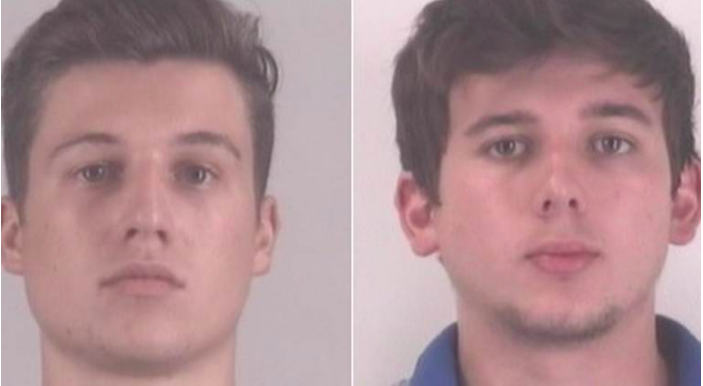UPDATE 9/20
Kathy Cavins-Tull, vice chancellor for student affairs, said students should expect to see additional efforts to educate and encourage good judgment congruent with their national standards and the university’s mission. “Students know that hazing is destructive and forbidden by their university and national organization and that they would not want to be the recipient of the behavior that they are forcing or coercing, yet somehow, their behaviors are completely incongruent with what they know and what they want for themselves,” said Cavins-Tull. “Much like other destructive, criminal behavior, hazing comes from a place of power and privilege.” This story will continue to be updated as more information is made available to TCU360.
9/19
Two students are facing criminal charges related to a recent hazing incident. Christopher Barksdale and Andrew Walker have been arrested and face hazing charges in connection with a report that pledges were forced to drink alcohol and eat expired guacamole on Kappa Sigma pledges. “Kappa Sigma is the only fraternity implicated in this incident,” said Holly Ellman, associate director of strategic communications management. “The national headquarters of Kappa Sigma and Texas Christian University have suspended all activity by the chapter until the investigation is complete.” Greek life at TCU is no stranger to hazing incidents. This is the third major fraternity hazing incident at TCU since 2016. In December 2017, the Delta Tau Delta fraternity chapter was suspended for forcing pledge members to use sex dolls and toys and burning the pledges with lighters and matches. In 2016, the Phi Kappa Sigma fraternity at TCU was removed from campus following a series of hazing incidents, as well as illegal drug and alcohol possession. Barksdale is a former student and Walker is classified as a sophomore.







